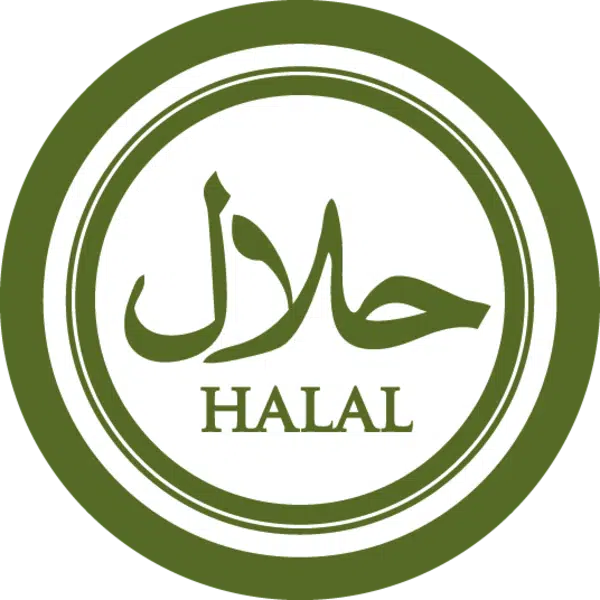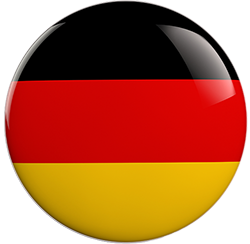The word “halal” comes from Arabic and means “permitted” and “permissible” in German. According to Islamic understanding, “halal” encompasses all things and actions that are permitted, permissible and in accordance with Islamic law.
Most people know the term halal primarily in connection with food production and consumption. However, the concept is much broader and not just limited to the slaughtering of animals according to Islamic guidelines. For example, the halal concept obliges companies to observe certain hygiene and safety guidelines during the production process.
The food sector:
Food derived from plants is generally “halal”, with the exception of intoxicating and toxic products. “Haram” includes all things that Muslims are not allowed to eat.
The certification:
In predominantly Muslim countries and also by Muslim customers in Germany, it is assumed that food is “halal” in accordance with religious regulations. Similar to the Jewish Hesher or Kosher certification or comparable to an organic seal, a company can acquire a halal certificate and thus prove that it produces food in accordance with Islamic religious dietary regulations. The criteria for certification – depending on the type of business – include, for example, compliance with certain procedures for manual or mechanical slaughtering and the design of the slaughter facilities. In the food processing industry, in addition to the origin of the goods and the production site, the presence of pork or alcohol in the products is also checked using chemical analyses. The aim is to ensure that Muslims do not consume any foods that are forbidden for them.
The certification can be obtained from special certification bodies. At the end of the successfully completed process, there is official confirmation that a foodstuff produced and/or distributed by the certified company is Halal-compliant. Just as rabbis certify kosher food in Judaism, a Muslim authority confirms halal certification in cooperation with the certifying company. The certificate is usually valid for a period of one year.
Although health and hygiene aspects are not specifically checked during certification, they are included, for example, in the ban on eating food that is harmful to health.
The detailed requirements for certification may differ depending on how the certifying Muslim authority with whom the certifier works interprets the Quran. This can have a direct impact on the design and use of production and slaughter facilities. For example, there are different views on whether animals stunned before slaughter – in accordance with German animal welfare regulations – comply with halal laws or not.
Ebbecke Verfahrenstechnik is able to work according to halal standards. This enables us to offer our customers the assurance that all products to be processed are treated in accordance with Islamic standards.
Online source:
https://www.eurohalal.eu/, retrieved: December 15, 2022, 20:55 UTC
https://www.halal-zertifizierung.de/, retrieved: December 15, 2022, 20:57 UTC
https://de.wikipedia.org/wiki/Hal%C4%81l, retrieved: December 15, 2022, 20:59 UTC
Literature source:
Paula Schrode: Sunni Islamic discourses on halal nutrition. Constituting religious practice and social positioning among Muslims in Germany (= Muslimische Welten. Bd. 2 ). Ergon-Verlag, Würzburg 2010, ISBN 978-3-89913-816-0 (Simultaneously: Heidelberg, University, Dissertation, 2009).


















